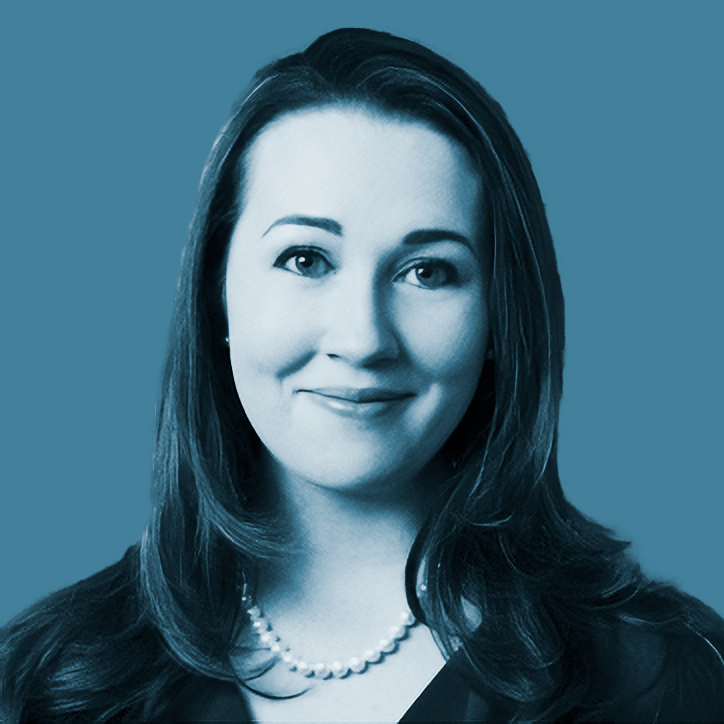Key Terms
- Washington nurse mortgages are tailored to meet the needs of nurses, offering flexible approval processes, low down payments ranging from 0% to 5%, and often no insurance requirements, making homeownership more attainable.
- These specialized loans provide significant benefits such as lower interest rates, assistance with down payments and closing costs, and no requirement for private mortgage insurance (PMI), enhancing affordability for nurses.
- While advantageous, nurse mortgages in Washington may have some limitations like potentially higher overall loan costs due to additional fees, or limited availability compared to conventional mortgages, necessitating careful consideration and comparison of loan options.
It’s pretty obvious why Washington is called the Evergreen State. With its epic forests, the state embodies all the natural beauty of the Pacific Northwest. When you want a bit of city life, there is always Seattle — a cultural hotspot — or you can even take a quick jaunt over the border into British Columbia to check out Vancouver. All in all, Washington is one of the most interesting states to live in the U.S.
Washington is also home to a number of nurses, who enjoy working at the state’s world-class medical facilities and hospitals. Washington is home to some 70,250 nurses, according to the Bureau of Labor Statistics, including 660 certified registered nurse anesthetists and 4,560 nurse practitioners.
As is the case across the country, however, Washington’s housing prices are going up, up, and up. According to the FED, the median listing price of a single family home is around $650,000. For nursing professionals working in the Evergreen State, this may mean that buying a new home is out of reach.
Nurses in the state can benefit from special programs designed to assist them. These programs, called nurse mortgages, aim to simplify the process of qualifying for and affording a mortgage.
What are the advantages of Washington nurse mortgages?
Let’s take a minute to talk about the perks of taking out a nurse mortgage in Washington State. These home loan programs offer a range of advantages:
- Easy to qualify. With nurse mortgages, it’s often easier for nurses to qualify for a home loan. Since these programs are designed with nurses in mind, the underwriting is more flexible compared with conventional mortgages.
- Special benefits. These mortgages come with some cool perks specifically for nurses. Think assistance with down payments, closing costs, or even student loan forgiveness programs for those working in certain areas.
- Lower interest rates. Some nurse mortgage programs offer lower interest rates, which saves borrowers money in the long run.
- Bye-bye PMI. Private mortgage insurance (PMI) is a pain. The good news is some nurse mortgage programs don’t require it at all. That means lower monthly payments for you.
- Nurse-friendly loan terms. The lenders offering these mortgages understand what it’s like to be a medical professional. They understand your unique situation, including the irregular work schedules and income from multiple jobs (particularly if you’re a travel nurse), and make the process smoother for you. For example, they often consider work history over consistent income.
If you’re a nurse in Washington state dreaming of becoming a homeowner, a nurse mortgage may be the way to make it happen.
The pros and cons of pursuing a Washington nurse mortgage
Thinking about exploring nurse mortgages? Use this criteria to figure out if it may the right move for you:
- Check out if you meet the eligibility requirements for nurse mortgages in your area. They’re usually pretty chill, but it’s good to double-check.
- Think about your financial goals. Are you ready to take on homeownership? Consider factors like how much you can afford, your long-term plans, and if you’re ready for the responsibilities of owning a home.
- Weigh the pros and cons. Nurse home-buying programs often have lower interest rates and no or low down payment options, but they might have some quirks too.
- Think about your nursing career. If you’re planning on making big moves or switching specialties, make sure owning a home fits into your plans.
- Chat with a financial advisor or mortgage lender who specializes in home loans for nurses. An experienced loan officer will give you the lowdown on what makes sense for your situation and let you know about additional programs to make homeownership more affordable, such as Nurse Next Door grants.
At the end of the day, it’s all about what works best for you and your goals. Take your time, do some research, and trust your instincts about what matches your lifestyle.
What kind of credit score do you need to take out a nurse mortgage loan?
The credit score you’ll need for a nurse mortgage will depend on the type of loan you’re pursuing.
For instance, mortgages from the Federal Housing Administration (FHA) and VA loans typically require a lower credit scores. Either are great options for nurses with high debt-to-income ratios (DTI), such as if they have student loans.
An FHA loan may require a credit score of between just 580 and 620. These loans also have flexible approval guidelines, which make them popular with first-time homebuyers. Although they do require upfront and annual mortgage insurance payments, it’s important to note that this is more affordable than PMI.
VA loans are available to nurses who have served or are currently serving in the military. They are backed by the Department of Veteran Affairs. They usually have credit score thresholds of between 580 and 660.
On the higher end, there are USDA loans, which typically require a credit score of 640 or above. They also require borrowers to meet income limits, but you’ll benefit from much lower interest rates. These loans are just for purchasing real estate in designated rural areas and some suburbs.
Lastly, there are specialized mortgage loans for low- and moderate-income healthcare professionals backed by Fannie Mae and Freddie Mac. These help nurses who haven’t established a credit history by allowing them to use other means of payment histories, such as rent payments. These programs are only for nurses looking to purchase a primary residence — they are not available to current homeowners.
Nurse mortgages in Washington: a case study
A full-time pediatric nurse at the University of Washington Medical Center in Seattle, Stella is passionate about her work and committed to providing the best care possible for her patients. Despite her fulfilling career, Stella has been facing challenges with the home-buying process due to Seattle’s competitive housing market.
The steep housing prices in Seattle mean Stella is finding it difficult to qualify for a traditional mortgage. Despite her efforts to save up for a down payment, she still doesn’t have enough to meet the strict requirements of conventional loans. Feeling discouraged, Stella has begun to lose hope of ever making a home purchase in the area.
One day, while chatting with a colleague, Stella learns about nurse mortgages. She learns these are specifically tailored to healthcare professionals like her and offer more flexible eligibility requirements and specialized benefits.
Excited by the possibility of finally achieving her homeownership goals, Stella decides to investigate her options. She contacts a mortgage lender who specializes in nurse mortgages and learns about the best mortgages available to her.
After evaluating her financial situation and discussing her goals with the mortgage specialist, Stella decides to apply for a nurse mortgage. With the assistance of the specialized down payment assistance program, Stella is able to secure a mortgage that fits her budget and allows her to make a home purchase in a desirable neighborhood in Seattle.
Looking for a nurse mortgage in a different state?
If you’re looking to explore the best nurse mortgage in other states, click on your state below.












